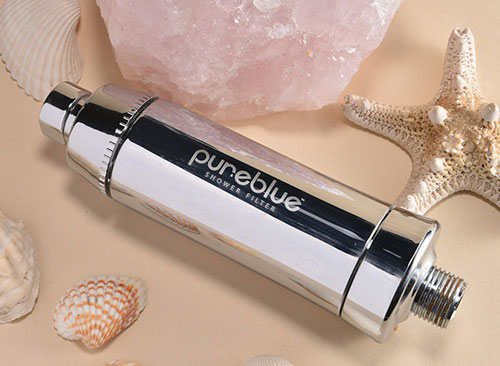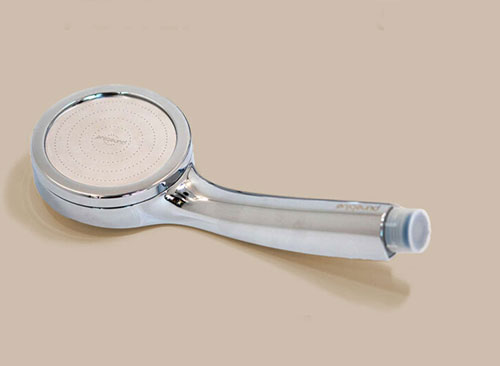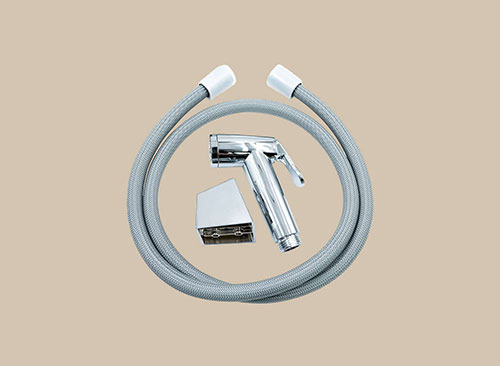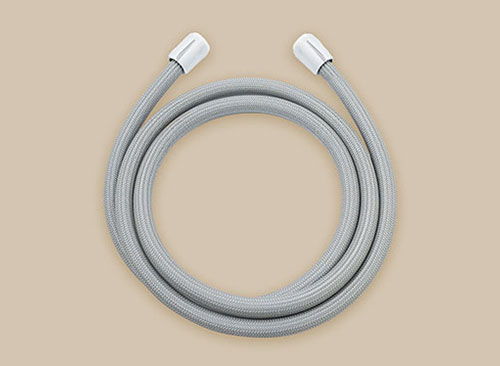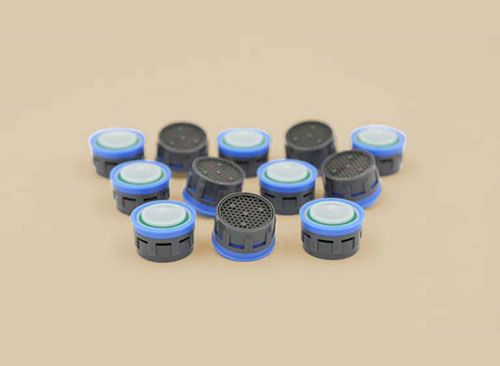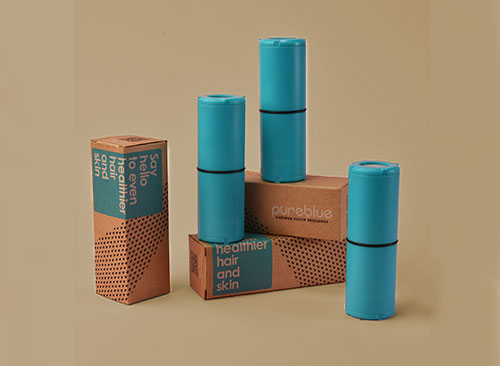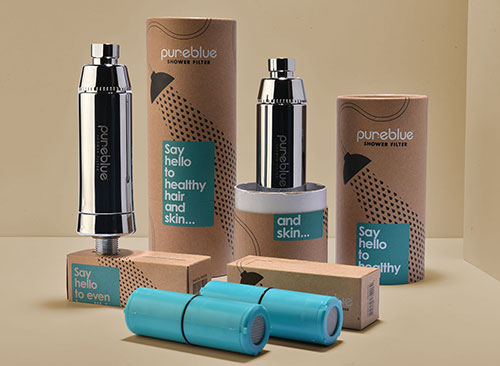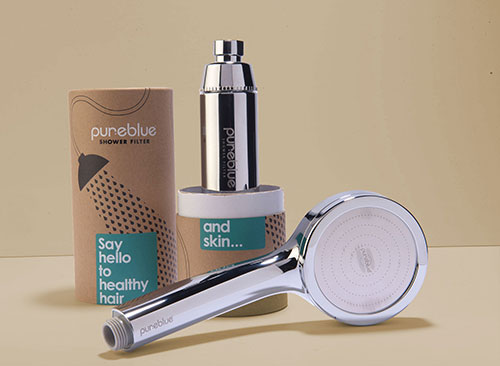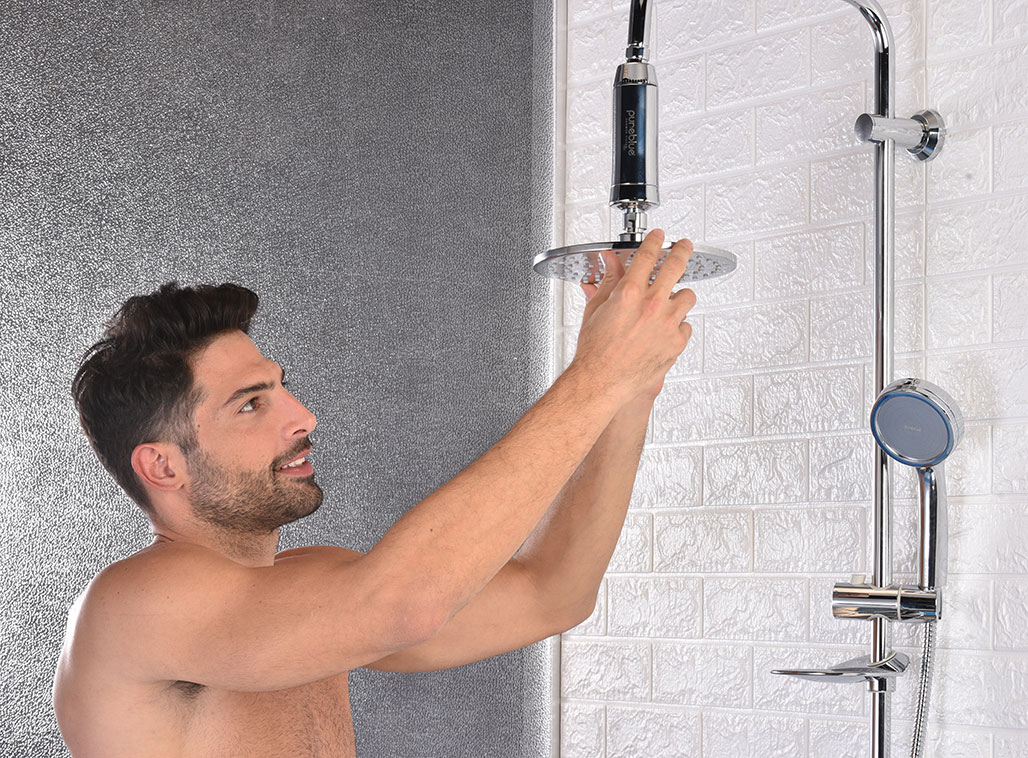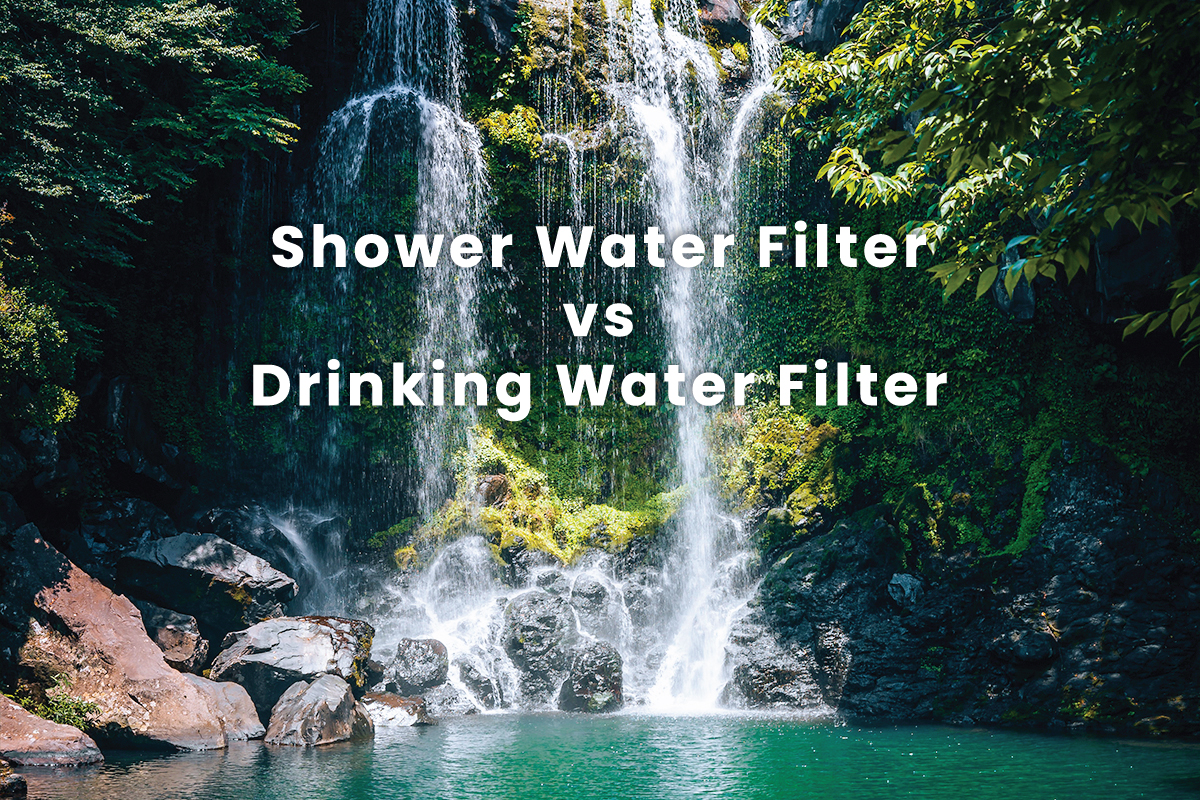What’s the difference between a shower water filter and a drinking water filter?
We get asked this a lot. While there’s some overlap, the differences to a user might actually just vary from one country to another.
According to the Dubai Electricity and Water Authority (DEWA), the tap water in Dubai meets the highest international safety and quality standards. That’s thanks to their massive efforts to treat this water enough to be clean and usable.
So how come most of us don’t drink it? Even with a drinking water filter. And why do we need a reliable shower filter?
Technically, with a trusted filter, it’s totally safe to drink. What we do hear often though is a complaint about lingering odours. So this brings us back to the differences between a shower water filter and a drinking water filter. In broad terms,
- Drinking water filters differ from shower water filters by simply covering a wider range of contaminants like bacteria and viruses even, in addition to the usual suspects that are heavy metals and chemicals.
- This is while shower water filters tend to be more targeted towards unique water compositions. Some lean toward metals and others towards filtering chlorine. Most also cover impurities and more specific matter.
While there might not be an immediate simple answer, we suppose there’s also a huge portion of the debate that’s left to personal preferences. For this writer, for example, filtered drinking water is over filtered and rather flat and plain.
At the end of the day, both work to improve water quality. The differences between shower water filters and drinking water filters is their focus on the types of contaminants they target and eliminate. A shower water filter enhances the water you use for bathing to promote healthier skin and hair, while drinking water filters are designed to turn the water you consume into drinking water, free from a broader range of contaminants. What they both have in common is safeguarding our wellbeing.







